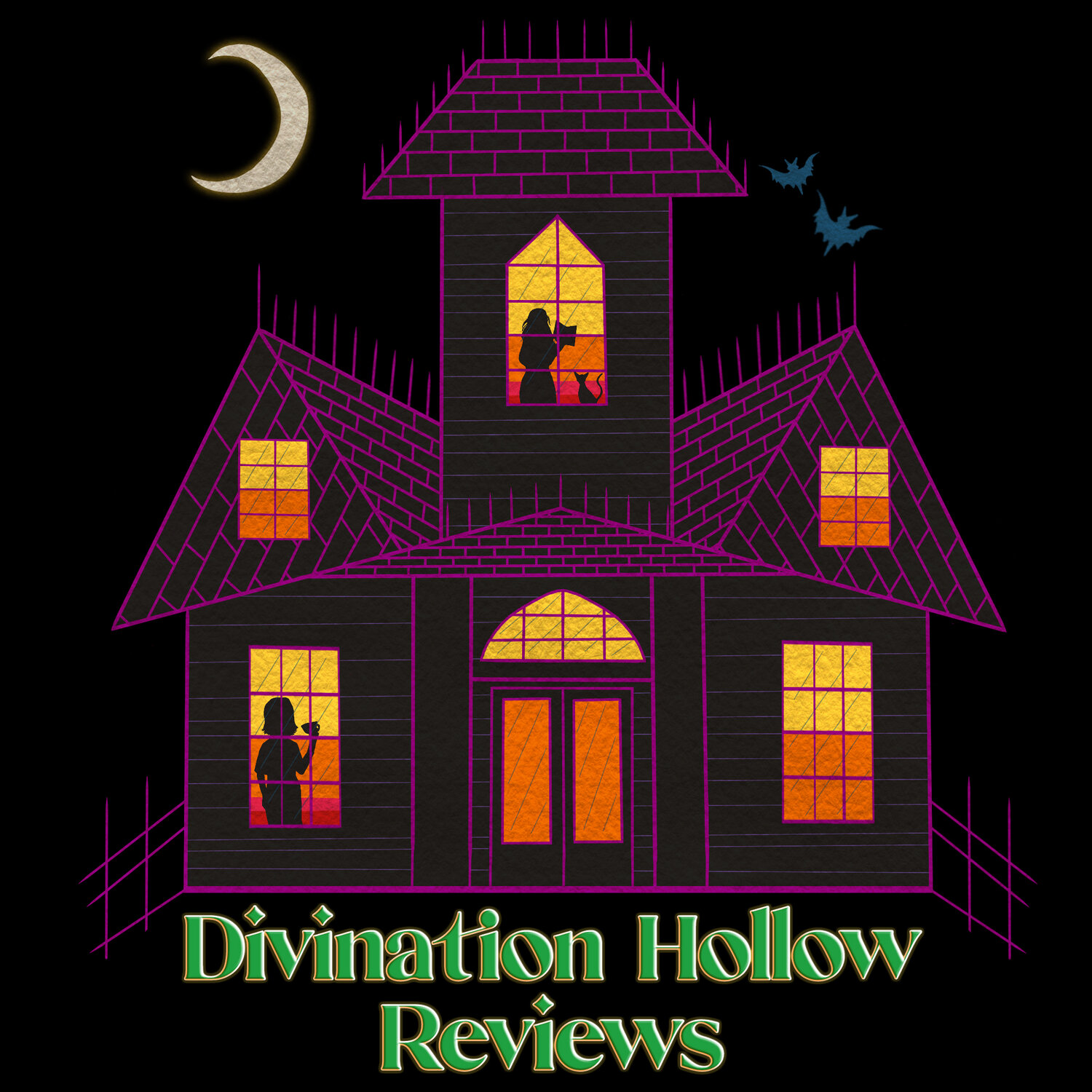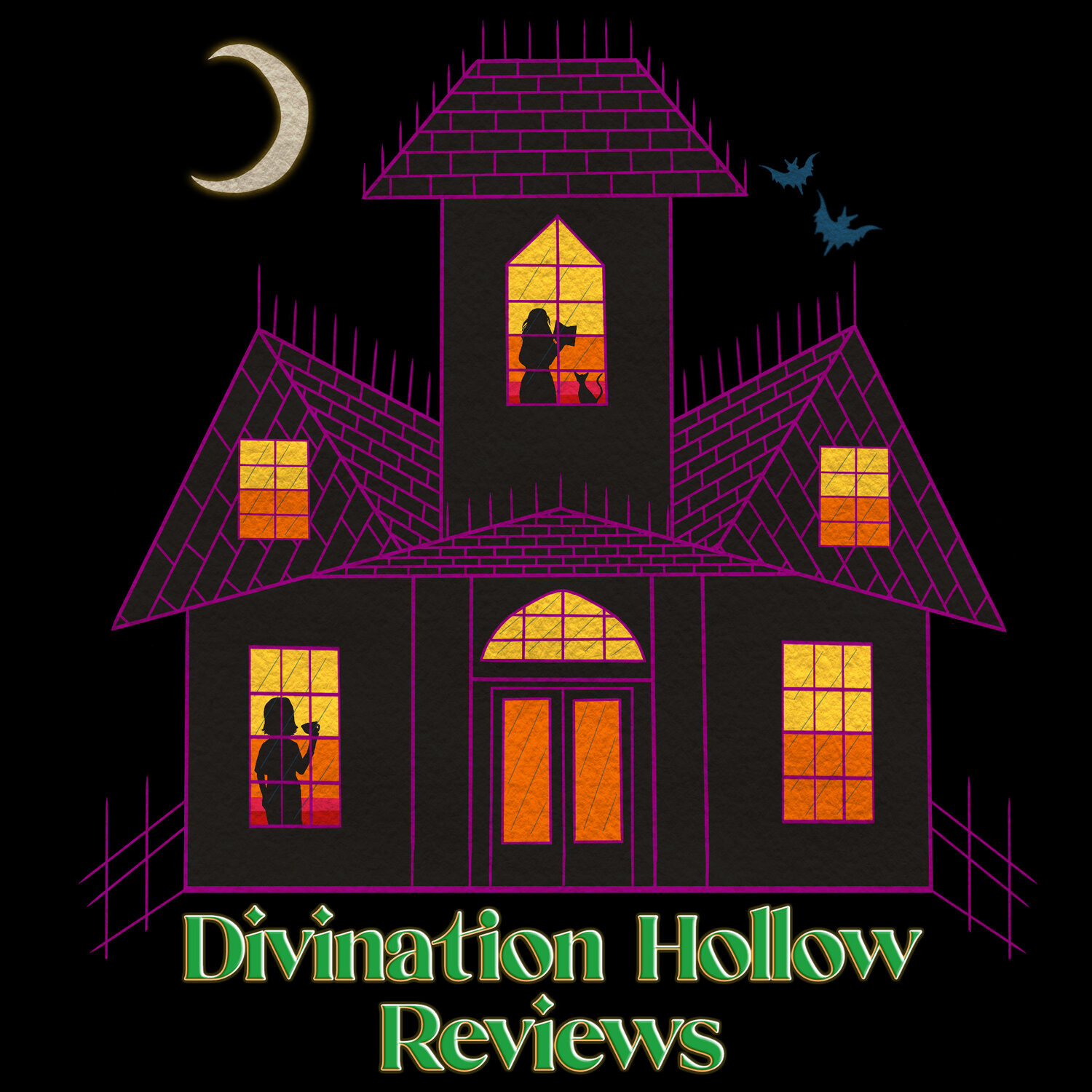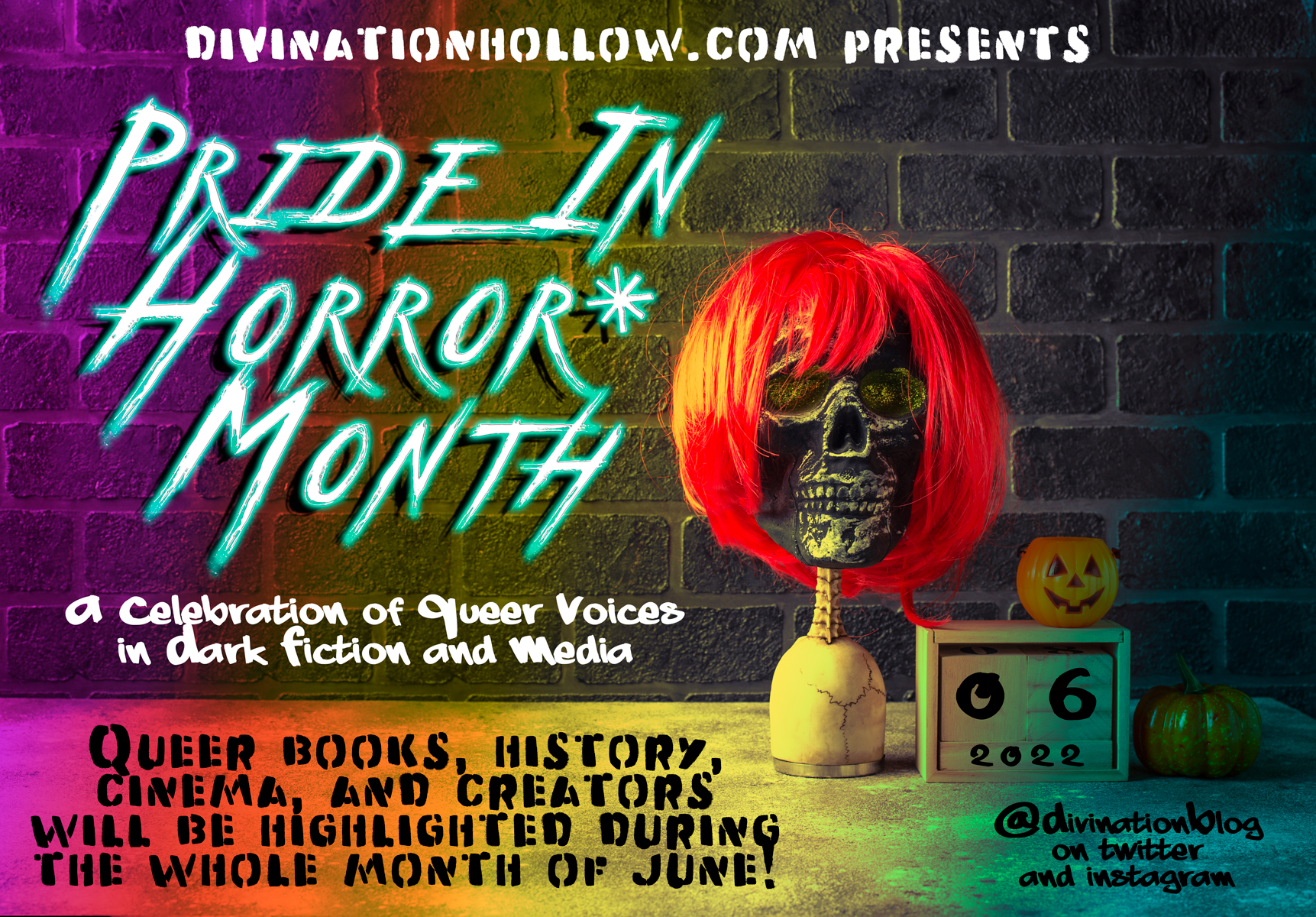Thinking Beyond ‘Women in Horror’
Thinking Beyond ‘Women in Horror’
There have been some interesting discussions happening in horror lately around the use of ‘Women in Horror’, partly due to people becoming more and more aware of other marginalised genders, or more conscious that it’s not just women who need uplifting in horror spaces.
I’m writing this for Pride instead of WIHM as it kind of makes more sense for June. After all, part of the reason people are pulling away from the idea is due to wanting to uplift people who fall under the LGBTQIA+ umbrella. Someone’s reason for not wanting to be a ‘Woman in Horror’ could be wide and varied, and honestly I am finding this new direction fascinating.
LOHF announced recently they are making a change. LOHF are brilliant, and every single one of them works so hard to promote and uplift writers. It’s exciting to see this scope widened, but I think – and please remember, this is just an opinion piece – when we move forward, we have to try and ensure people don’t get left behind.
WIHM isn’t without its problems. Almost every year, someone has to state on social media that they are not a woman, and therefore please don’t tag them in WIHM posts. Inevitably, people miss the memo. You can’t promote ‘women and non-binary’ as part of WIHM, because non-binary folks aren’t, well, women. There’s also the issue that we still freaking need WIHM, something I wrote about previously.
But there has been a lot of attention on women in the genre the last few years, which is great! Women still have a large number of issues in the community – even now, the majority of women writers are published in women-only anthologies. When a new anthology is announced and a buzz builds up, there’s always a tense moment before I look at the TOC, all often to find the same list of men I’ve seen in any number of anthologies, with maybe a few women, too – it starts to feel like you’re a token, to be trotted out so someone else – often a man – can point to how wonderful he is because look, he’s giving all these poor women a chance.
It's hard not to feel conflicted, and it’s no surprise women start to doubt themselves even in these spaces dedicated to them. Maybe they reach a certain level and feel they’re taking up space, or maybe they are fed up with being known as a ‘woman in horror’ in a way men aren’t. Men are just horror writers, why can’t we be the same?
But here’s the thing. All of these issues don’t just affect women. There are many people out there who are struggling because they don’t fall under the umbrella of ‘woman’, but they’re not cis men either. It’s important to keep the momentum going, I think, and ‘Women in Horror’ isn’t a bad thing to embrace, especially as something for people to rally around, but maybe it’s time we widened that scope.
I am not saying we get rid of Women in Horror Month, but the same issues that gave rise to this also impact many others who aren’t women. We pride (no pun intended) ourselves here at Divination Hollow on being a queer run platform that strives to highlight queer content year-round, but in the wider scope it feels like there needs to be more people uplifting and highlighting other marginalised genders.
Since becoming move involved in Horror, I feel like I’ve seen so many excellent women-only anthologies come out, and it seems like there are more all the time. This is great, and I was extremely honoured to be part of A Woman Built By Man, and I’m so proud of that book I can’t even convey it fully. And we’re now seeing a steady stream of these anthologies, which is excellent and I urge people to keep supporting these, to keep the momentum going.
But maybe we need to also acknowledge that these cut out other voices. There has been a slight rise, too, in queer anthologies. Again, this is A Good Thing. But when we have a handful of queer-only anthologies, you have a huge number of people competing for the same spaces. As with any anthology, you have to cut people out. We need those anthologies, and I fully believe we need women-only anthologies too, and the same for anything put in place to highlight and uplift these voices.
But these things do not work in a vacuum. This isn’t just about anthologies. It’s the way we look at demographics. It’s the way we react when we see a disproportionate number of male names associated with a project, and a small number of folks who begin to feel like a token.
These all tie in with each other. These issues affect so many of us, but instead of working together we end up getting pitted against one another. People argue over personal lists of best books, or don’t do them at all because it becomes too stressful. Again, there is nothing inherently wrong with these things, and there’s sure as hell nothing wrong with pointing out that a top 10 indie list highlights the same voices we’ve seen praised in the genre for years.
There are so many issues at play here it’s hard to cover them all, but I definitely think it’s worth pointing folks to a particular Twitter thread here, where Gennifer Hutchinson detailed what it’s like in writers’ rooms, where you have 9 (cis) men and 1 spot for a woman. It’s hard not to see a similar pattern in anthologies.
What my point is – we are seeing more and more opportunities for women in horror. This is great. We are also seeing where some don’t feel comfortable claiming these opportunities anymore, maybe because they have reached a certain level or they no longer feel ‘woman’ includes them. What we can’t do is widen the gap – we have to push back when we see publishers with only white men and women on their author lists, or only cis het writers, and we have to be conscious of the spaces we’re doing this in. The same goes for anthologies, and the same goes for lists, and the same goes for review sites. We have to be conscious when people claim horror is for the ‘outcasts’ and who is saying this. It often has been a genre embraced by those who aren’t society’s ‘default’ (blegh), but we need to be aware of the space we’re using too.
As an example; if you are, say, an established, white, woman in horror, invited onto a panel to discuss gender in horror…are there trans women on the panel? What about trans men, non-binary folks, Black men and women etc etc etc? Is the panel inclusive and, if not, what can you do about it? If you’ve been invited to a panel, you have more power than you realise. I think for a long while, we – cis, white writers – have occasionally had to fight so hard for our seat we forget there are others fighting as well. We strive to be recognised, but that cannot be at the expense of others. If you’re invited to something that is majority people who look like you, who have the same background as you, is there someone else you can recommend instead? Or else can you suggest to organisers that perhaps they speak to someone who might have more knowledge? Trans men and women, for example, know a hell of a lot more about gender than I, a cis woman. I’d feel uncomfortable discussing race, when that should be given over to someone who isn’t white (aka not me!).
We have fought hard for our roles in horror. We have fought hard for that recognition. We still get treated like novelties, and we cannot lose sight of that. But here’s the thing – some like to pit groups against one another. There is a reason male-dominated media emphasises harmful tropes – not like other girls, or girls constantly competing against one another – and it’s largely because if we fight against each other, we’re not fighting them. We can’t fight over one single space at a table that is designed to hold 9 men and 1 single ‘not a man’.
I guess the point of this is to urge people to think about their role in any space they are in, but think about what you’re consuming too. Champion women-only anthologies, champion queer-only anthologies, but champion the stories in broader anthologies, too. If you read an anthology that is mostly, say, cis, het, white men, but your favourite story is by a trans writer? Shout about it! Don’t just direct people towards the anthology, direct them to that story too. Celebrate the wins. Don’t support publishes or others who continually let communities down. Give your support to those places striving to be diverse.
And if you are in any sort of gatekeeper role, look at what you are putting into the world, and filtering out. When planning an event, are you reaching out to different people? Are you making sure the event is accessible for anyone you want to invite, as a panellist or in the audience? Are you only inviting marginalised authors to talk about their identity, while giving white, cis, het authors the scope to talk about the genre in a broader way? Just because I’m a bi woman doesn’t mean I only want to talk about women or LGBT+ issues in horror. I’m happy to do so, but my knowledge is vaster than that, and the same goes for everyone else, not to mention there are people vastly more qualified to discuss these things than me. Don’t just invite BIPOC writers to talk about race, or women to talk about gender etc. Talk to them! See where their expertise lies!
In summary – we still have a long way to go in the genre. It’s no use just reading women writers for WIHM, or just reading LGBTQIA+ writers in June. That energy needs to be coming year-round. But that drive to celebrate and uplift shouldn’t just be focused on women in horror, and we need to appreciate also that women are more than ‘women’ in horror, we are horror writers. It’s not a simple issue, but to me, I think we need to be more conscious of the spaces we’re occupying, creating, and the barriers we’re installing. We need to build bigger tables, because honestly, the more voices out there, the better.
By Elle Turpitt
Twitter & Instagram: @elleturpitt
As part of our Pride Month celebrations, we asked our contributors to provide a link to a charity of their choice. Elle chose Trans Aid Cymru and we would ask, if you are able, if you could please consider a donation to support their work.




